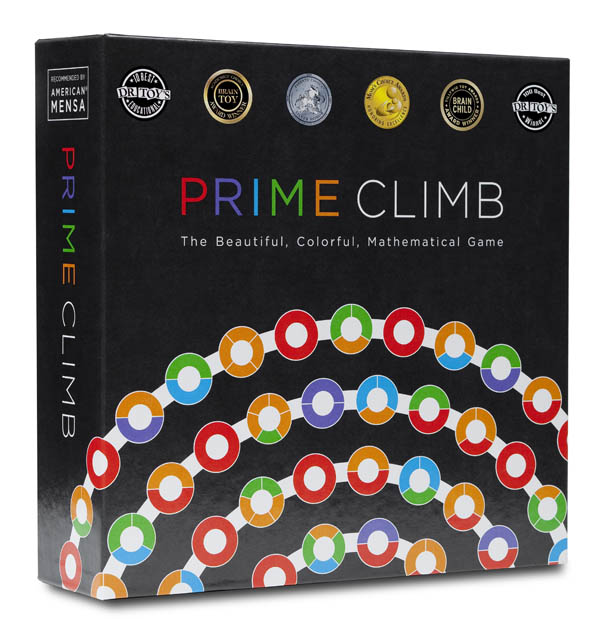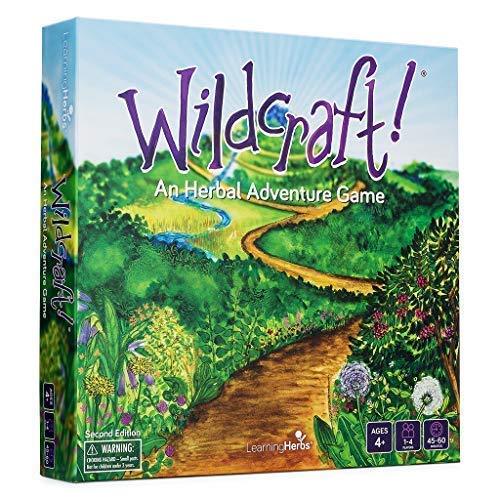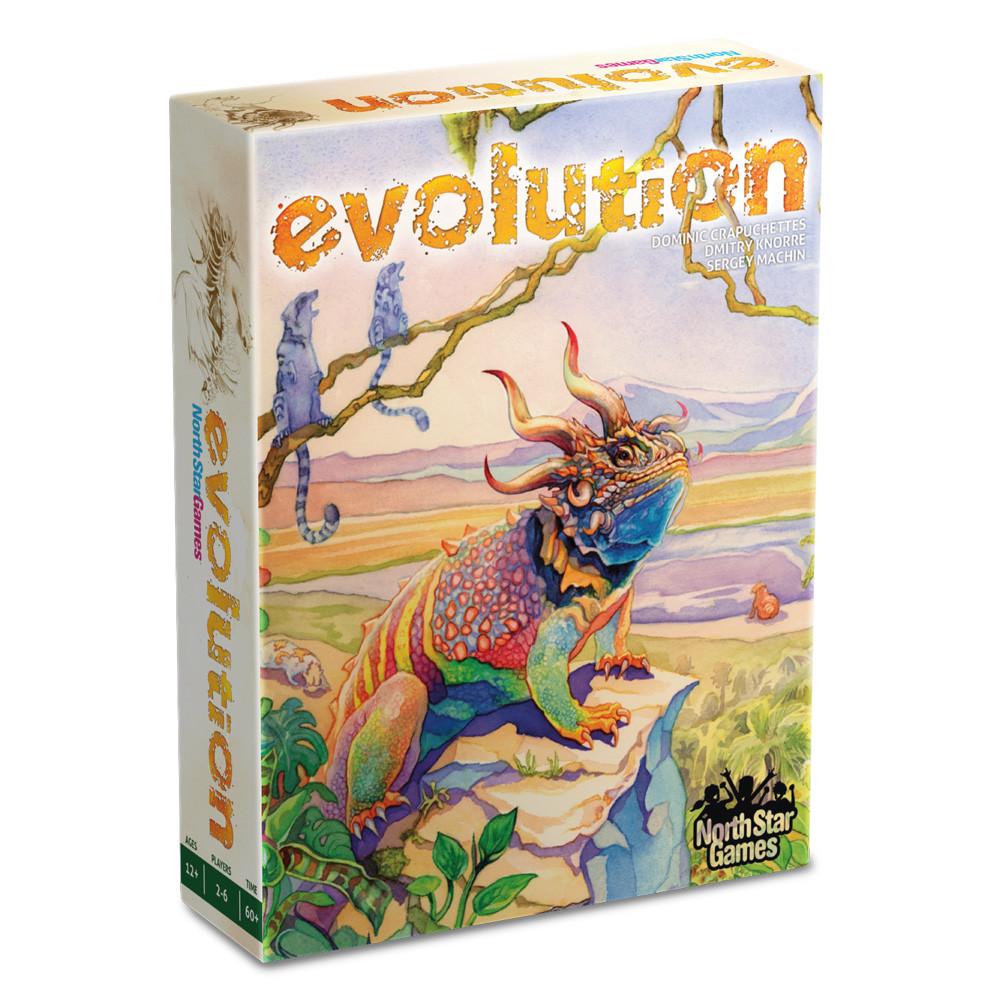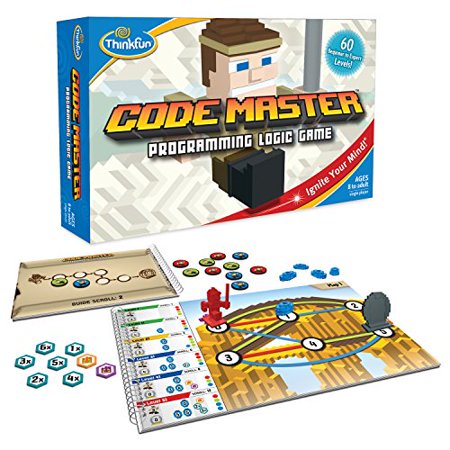
Prime Climb by Math for Love
Ages 10+
2-4 Players
This award-winning colorful, mathematical strategy board game engages children and adults alike. With multiple ways to play, Prime Climb can be adapted to all ages and abilities as it builds deep and meaningful mathematical understanding and logic skills. The goal of the game is to be the first to land both your pawns exactly on the central circle of the board. Prime Climb creatively introduces the power of prime numbers, factors, and common multiples, while allowing players to hone their multiplication and division skills using a color-coded scheme. Every time a player multiplies two numbers, the color of those two numbers are combined, which allows younger players to check their math. Prime Climb, which comes recommended by Mensa, highlights the beauty of arithmetic and is sure to build a love of math in even the most resistant budding, young mathematicians. Take a listen to this TedX Talk by Dan Finkel, Ph.D. in algebraic geometry and one of the creators of Prime Climb, about approaching math education with courage, curiosity, and a sense of play.

Wildcraft! An Herbal Adventure Game by Learning Herbs
Ages 4+
1-4 Players
In this beautifully illustrated, cooperative, nature-based game, players work together to climb the mountain and harvest 27 healing herbs and edible plants. By matching up icons on plant and trouble cards, players learn to resolve various ailments, such as mosquito bites or scraped knees, using wild plants. The icon-driven gameplay allows younger, non-readers to participate. It is also worth mentioning that no prior knowledge of plants is required to enjoy the game. Wildcraft! offers a fun, creative way to connect children with nature and build a familiarity with numerous ecosystems and plants.

Evolution by North Star Games
Ages 12+
2-6 Players
Evolution is an award-winning board game offering players the ability to create over 12,000 different species by adapting them to an ever-changing ecosystem. The game, which focuses on interspecies interaction and adaptation, allows multiple paths to victory and encourages a mix of playing styles. Players gain points for feeding their species, growing their species’ population, and for each trait card they accumulate; the player with the most points at the end wins. This scoring system attempts to measure how well a species has flourished. There are variations for game play based on the number of players, as well as a quick play option. Stuart West, Professor of Evolutionary Biology at University of Oxford, writes, “Evolution features sophisticated biology. Traits can be put together in a dizzying array of combinations, so each game can be very different. The theme of evolution is not just tacked on: it drives play.” West’s review of the game was published in Nature, a leading international scientific journal.

Code Master by ThinkFun
Ages 8+
1 Player
Learn the basics of programming logic and build a mental model of how computers work through play with ThinkFun’s Code Master. Players navigate the map with their avatars in search of power crystals. In each level, players must figure out the correct sequence of actions. When all crystals are found, the avatar needs to get to the Portal to finish the game. Code Master was designed by Mark Engelberg, an experienced programmer of virtual reality simulations for NASA and teacher of computer science and mathematical logic. This single-player game promotes planning, sequential reasoning, and problem-solving skills.

Blokus by Mattel
Ages 7+
2-4 Players
This fast-paced strategy game for the whole family received a Mensa award for promoting healthy brain activity. The object of Blokus is for each player to fit as many of their 21 pieces on the board as possible. The one rule is that players cannot place a piece adjacent to other pieces, but rather the pieces must be placed corner-to-corner with the other pieces already on the board. This game is perfect for a family game night, as it is quick to learn, appeals to all ages, and can be played in just 30 minutes!

